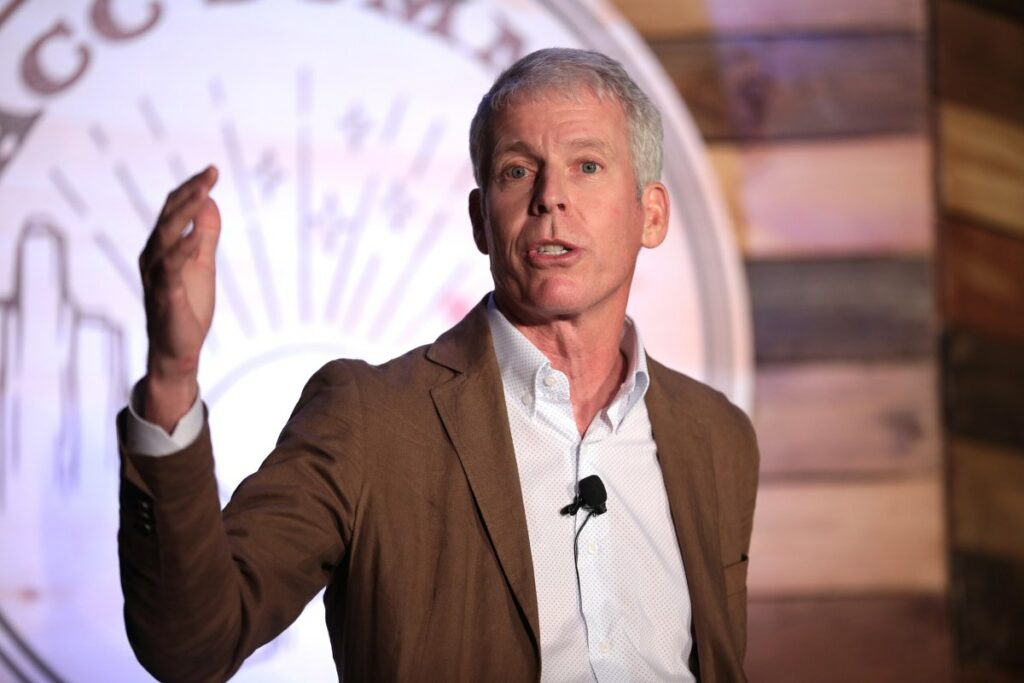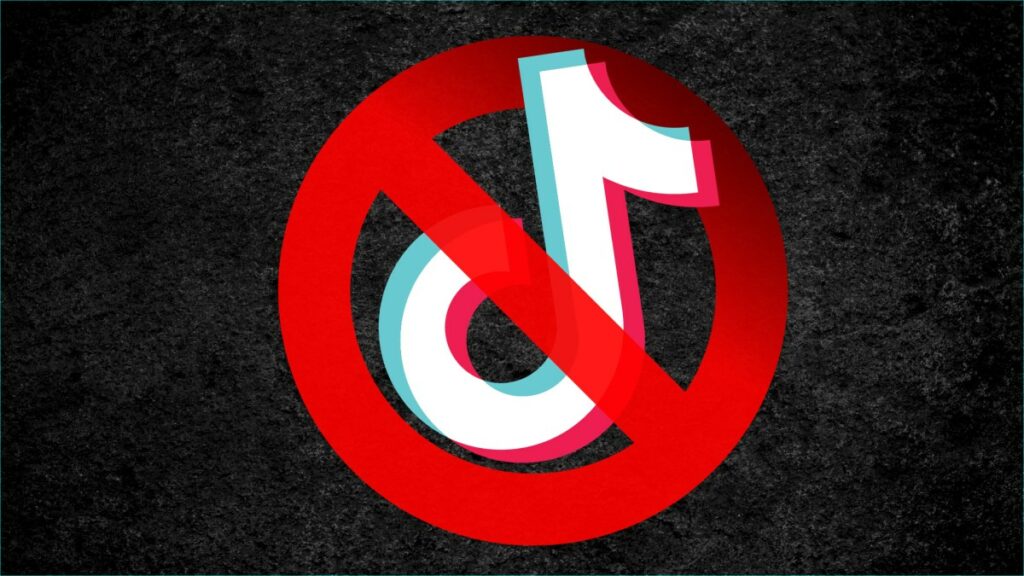Over the past few weeks, the Department of Energy has been looking at canceling billions of dollars’ worth of contracts. Now, the federal agency has confirmed that it’s axing $720 million worth of manufacturing awards.
The cuts affect companies that make battery materials, recycle lithium-ion batteries, and manufacture super-insulating windows.
Energy Secretary Chris Wright has been combing through contracts made during the Biden administration. The DOE claimed that the projects “missed milestones” and “did not adequately advance the nation’s energy needs,” spokesperson Ben Dietderich told E&E News.
All of the money for the grants was authorized by Congress as part of the Bipartisan Infrastructure Law that was passed in 2021. The bulk of the money was awarded in 2023 and 2024; previously, the Trump administration had used grants awarded between Election Day and Inauguration Day as justification for canceling awards.
Three startups are on the list, and all three were selected for grants well before the 2024 presidential election.
Ascend Elements has been refining a recycling technology that could turn manufacturing waste and end-of-life batteries into materials required to make lithium-ion batteries domestically. In October 2022, the company was awarded $316 million toward a $1 billion facility in Kentucky.
Already, $206 million has been disbursed to Ascend Elements, according to federal government records. The company said it was moving ahead with its plans using other sources of funding to make up for any shortfall.
Anovion was awarded $117 million to reshore a technology to produce synthetic graphite for lithium-ion batteries anodes. Chinese suppliers control 75% of the supply chain for synthetic graphite and produce 97% of all synthetic graphite anodes, according to Benchmark Mineral Intelligence. The startup’s plant is slated to be built in Alabama and, to date, only $13.8 million has been disbursed, according to a federal database.
Another startup, LuxWall, makes windows that insulate buildings as well as solid walls, a breakthrough that could slash energy use and reduce people’s utility bills. The DOE had awarded the company $31.7 million to build a factory on the site of an old coal plant near Detroit. The award was granted in November 2023, though only $1 million has been sent to the company, according to government records. LuxWall opened the first phase of its factory in August 2024.
TechCrunch had previously reported on the Department of Energy’s efforts to cancel these and other contracts.
The grants had been intended, in part, to launch the startups over the “valley of death” that can claim many promising companies as they transition from technology development to commercial deployment. First-of-a-kind factories and facilities aren’t easy for startups to finance, and government grants like these encouraged private investors to contribute capital. Once up and running, they can serve as a template for future factories, bolstering the country’s manufacturing base.


